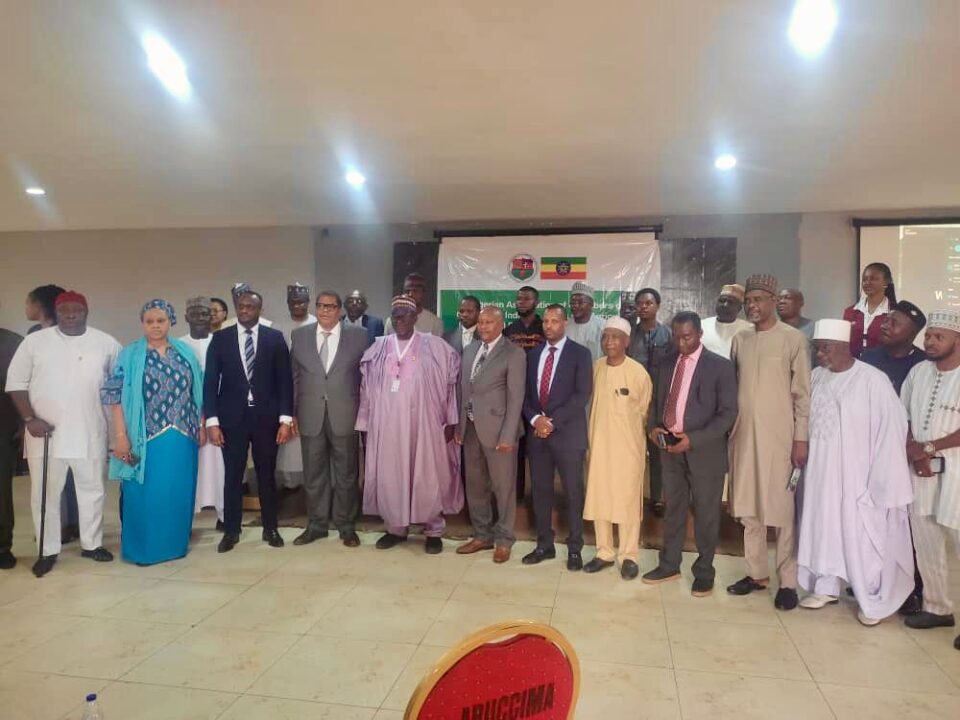
Nigeria, Ethiopia Partner to Unlock AfCFTA Opportunities
The Nigerian Association of Chambers of Commerce, Industry, Mines, and Agriculture (NACCIMA) on Wednesday hosted a high-level Ethiopian business delegation in Abuja, aimed at boosting bilateral trade and private sector partnerships between the two countries.
The event, themed, “NACCIMA Meeting with Ethiopian Business Delegation,” is part of a four-day business forum taking place at the Abuja Chamber of Commerce and Industry (ACCI) from June 25 to 28, 2025.
Speaking at the opening session, NACCIMA President, Engr. Jani Ibrahim, called for concrete action to strengthen economic ties.
He said both countries must move beyond diplomacy to real investments, trade partnerships, and cross-border exchange of resources.
The forum focuses on experience-sharing in key areas such as policy advocacy, institutional governance, public-private partnerships, and member services.
Participants from both nations presented investment opportunities in various sectors and explored collaboration under the African Continental Free Trade Area (AfCFTA) framework.
Trade between Nigeria and Ethiopia remains low, with Nigeria’s exports to Ethiopia valued at $37 million in 2023 and imports from Ethiopia at just $1.3 million.
Despite these modest figures, both sides acknowledged the huge untapped potential, noting that Nigeria’s 2024 GDP stood at $199.7 billion, while Ethiopia recorded $145 billion, with a growth rate of 8.1 percent.
Dr. Ibrahim urged both countries to work closely to diversify production, promote SME growth, and boost regional trade.
He described the meeting as a step towards economic transformation for both nations.
Deputy Head of Mission of the Ethiopian Embassy in Nigeria, Ambassador Esayas Gotta, praised Nigeria’s economic strength and called for stronger collaboration.
He noted that countries like Nigeria, Ethiopia, South Africa, and Algeria could play leading roles in driving Africa’s economic progress.
He highlighted the similarities between the two nations in terms of large populations, rich natural resources, and shared development goals.
He also invited Nigerian businesses to explore investment opportunities in Ethiopia, noting the country’s favorable business environment and incentives.
The meeting is expected to result in bilateral trade agreements and new investment partnerships across priority sectors. Organizers and participants expressed optimism that this engagement would strengthen economic ties and serve as a model for intra-African cooperation.
